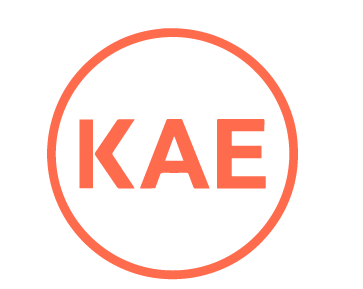Corporate Sustainability in Times of Crisis
March, 2023
Matyas Fekete, Principal Consultant & ESG Lead
Following the incremental growth in sustainability awareness and activity over the past two decades, there has been a particular push over recent years to incorporate ESG as part of corporate strategy.
Awareness & adoption continue to grow
Focusing primarily on environmental aspects, large corporates have been at the forefront of the sustainability drive, with over two thirds of the largest public companies globally now boasting emission reduction or net zero targets (1). ESG factors have become a key part of evaluating corporate performance, with over three quarters of earnings calls reportedly also discussing sustainability matters (2).
ESG factors have become a key part of evaluating corporate performance with over three quarters of earnings calls reportedly also discussing sustainability matters
Funding is also increasingly directed towards sustainable projects; over two thirds of financial service providers globally quote sustainability as a primary or secondary objective when making investment decisions (3).
On the other end of the spectrum, SMEs are also increasingly taking action; although those with a formalised strategy or targets are still in the minority, ever more small and medium businesses recognise the importance of going sustainable, taking ad-hoc action in areas most prevalent to their current objectives.
Regulation to supplement market based drivers
As part of their own sustainability efforts, beyond focusing on internal objectives, corporates also increasingly embed ESG factors into their procurement and supplier selection processes, fostering adoption further across the supply chain. Although consumers have also long claimed to prefer more sustainable companies, products and services, they have typically expected companies to fund the additional cost that is often associated with sustainable business models.
Companies increasingly recognise that sustainability initiatives often have the ability to generate substantial cost reduction
However, recent evidence suggests that consumers are now more willing to pay a premium for sustainable alternatives (4). Companies also increasingly recognise that sustainability initiatives often have the ability to generate substantial cost reduction over the medium or long term, providing further rationale for implementation besides more difficult to measure impacts such as brand image.
Beyond market driven factors, regulation is expected to further expand sustainability action across the economy, with some 130 countries now reported to have net zero targets. Most prominently, the EU (5) and the US (6) have recently committed to reducing greenhouse gas emissions by 2030 by 55% and 65% respectively, and consequently achieve climate neutrality by 2050.
Such government commitments are also being translated into industry regulation, such as the EU’s recently announced directive (7) requiring large and listed companies to report on their social and environmental risks and impact. Such measures will oblige companies that are yet to take a proactive approach to start assessing their sustainability profile and consequently address their most pressing shortcomings.
Ongoing and new challenges decelerating progress
However, most companies are facing significant challenges when adopting sustainability measures, with allocating resources, both in terms of funds and employee time, being a key challenge across all segments. In the corporate world, where sustainability is typically co-driven by different departments, securing buy-in from leadership and fostering engagement across the company is often a key hurdle. On the other hand, most of the SME segment is still characterised by a lack of sustainability awareness and understanding.
Significant revenue losses, inflation, supply chain disruptions and an overall slowdown of the economy appear to have pushed sustainability ambitions somewhat down companies’ immediate agenda
Moreover, in recent years, companies have had to focus their efforts on other, often more urgent matters. The COVID-19 pandemic and the war in Ukraine that brought about significant revenue losses, inflation, supply chain disruptions and an overall slowdown of the economy appear to have pushed sustainability ambitions somewhat down companies’immediate agenda, with many reported to be currently struggling to deliver on previous commitments. Although the vast majority of corporate sustainability decision makers are generally optimistic about the progress they made towards their goals so far, forecasts for the near future appear less optimistic, with just two thirds of respondents being confident about achieving their next sustainability goals (8).
In the long term, however, learnings from current challenges will likely act as a catalyst for further sustainability deployment. Times of crisis often best highlight the need for companies to incorporate resilient business models built on ESG pillars in order to better position themselves to withstand the challenges of the future.

